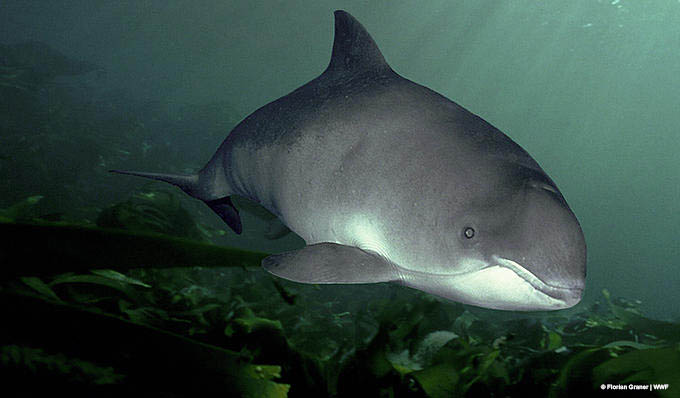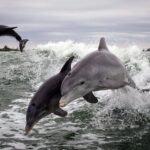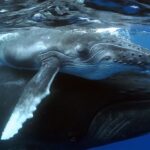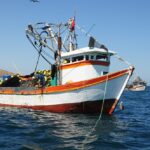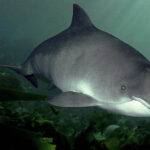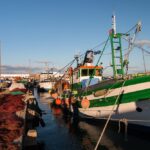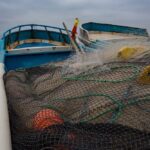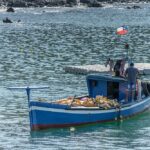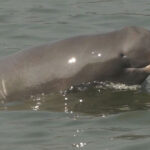Norwegian government introduces Pinger mandate to coastal gill net fishing fleet.
PARTICIPANTS:
Norway Institute of Marine Research, Ministry of Fisheries and Trade, Norwegian Fishermen’s Association (Norges Fiskarlag)
- Introduction of Pinger mandate in the Vestfjord region in 2021 helps ensure the long term survival of Harbor Porpoise “NISE” populations.
- On January 1st 2022, the Norwegian Minister of Fisheries announced the extension of the 2021 Pinger mandate.
- Norway exports over 2 billion dollars worth of seafood to the USA every year.
- Over 5000 coastal gill net vessels operate in Norway and to ensure the USA MMPA requirements are met by January 1st 2023, all these fishing vessels should be using Pingers.
Norway has over 5000 coastal gill net vessels operating over the length of its coastline.
Research conducted by scientists at the Institute of Marine research (IMR) confirms that the levels of Harbor Porpoise bycatch exceed internationally recognized limits, known as Potential Biological Removal or PBR.
Since 2013, Future Oceans has worked closely with the IMR in efforts to develop Pinger use in Norway.
Over the past 8 years Pinger trials have been conducted by the IMR using Future Oceans Pingers.
In October 2019, Future Oceans attended an international symposium in Alesund, with the aim of providing the Norwegian government advice concrete steps forward in regarding the protection of Harbor Porpoise populations in Norway.
The meeting resulted with the introduction of a Pinger mandate, requiring gill net vessels operating in the Vestford to use Pingers from January 1st 2021.
Future Oceans continues to collaborate with all stakeholders in Norway in efforts to ensure all 5000 gillnet vessels operating in Norway will use Pingers by January 1st 2023. This will save thousands of Harbor Porpoises and protect Norway’s multi billion dollar seafood export industry.
Future Oceans Pingers are the only Pingers that meet the stringent performance expectations of Norway’s fishermen, and Future Oceans Pingers are formally approved for use in Norway.
Norway is a very good example of how collaboration across all stakeholders involved in fishing can deliver long term sustainable outcomes that offer all stakeholders a positive outcome and protect the marine environment
